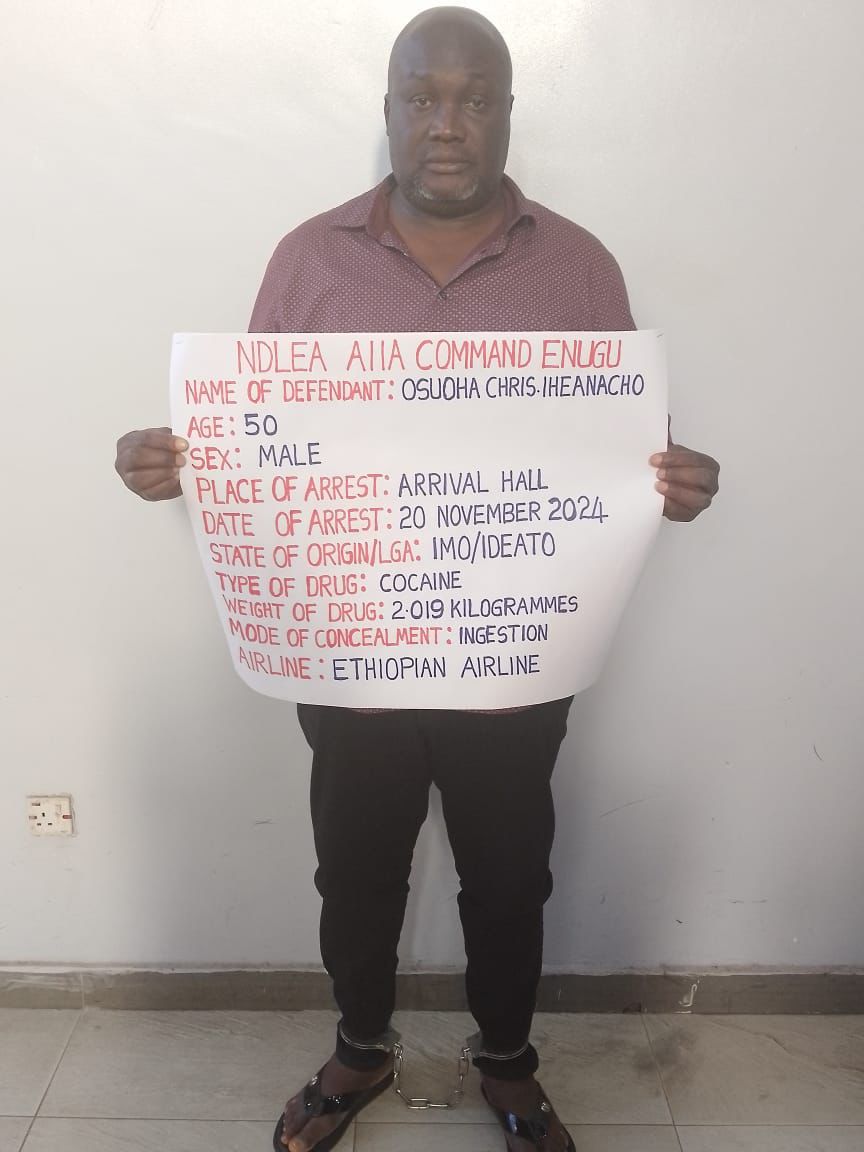Chairman of the Federal Inland Revenue Service (FIRS), Zaccheus Adedeji, has said the proposed tax laws currently before the National Assembly are designed to tax new economic frontiers, such as cryptocurrencies.
Mr Adedeji said this while addressing the House of Representatives Committees on the new executive bills on taxation sent to the National Assembly by President Bola Tinubu.
President Tinubu submitted the Nigeria Tax Bill 2024, the Tax Administration Bill, the Nigeria Revenue Service Establishment Bill, and the Joint Revenue Board Establishment Bill to the legislature recently.
In his presentation, Mr Adedeji explained that the existing laws do not include provisions for taxing gains from cryptocurrencies and other digital assets.
“The other reason is to organise the fiscal framework in the country. As we stand today, there is no law anywhere to actually regulate or monitor cryptocurrency.
“We are in a global community, and there is no way we can exclude ourselves from what is happening globally. So, one of the aims of these bills is to organise fiscal efficiency within the fiscal framework,” he said.
Nigeria has had a challenging relationship with digital currencies. For two years, the previous administration banned cryptocurrency, and the ban was only lifted in December 2023.
Nigerians need credible journalism. Help us report it.
Support journalism driven by facts, created by Nigerians for Nigerians. Our thorough, researched reporting relies on the support of readers like you.
Help us maintain free and accessible news for all with a small donation.
Every contribution guarantees that we can keep delivering important stories —no paywalls, just quality journalism.
Multiple tax laws hurting investment
Speaking on the bills, the FIRS Chairman highlighted that the practice of multiple tax laws is discouraging investment by making compliance expensive.
He said the new law would not lead to the merger of agencies or job losses. Instead, the bills aim to harmonise existing tax laws and simplify them.
“We want to harmonise all the tax laws because we have tax laws scattered across different statutes and establishment laws. This is not about merging government agencies, and it certainly will not result in job losses.
“No agency is superior to the other, and you cannot prevent an agency from fulfilling its mandate. Mr President recognised that this situation is detrimental to the economy, and the only way forward is to harmonise all the tax laws and consolidate them,” he said.
He further noted that the current laws were drafted at a time when there was no internet or digital infrastructure.
“We also want to update our tax laws to reflect the current realities. At present, we are using a tax integrity framework from 1939, a time when there was no Internet or online shopping. We also aim to align with international standards,” Mr Adedeji added.
The FIRS boss reiterated that the new bills do not propose any additional taxes but seek to broaden the tax base.
“We will never increase either the rate or the number of taxes. In fact, it is the president’s belief that the existing taxes should be harmonised. This is what has been incorporated into the bills submitted to the House,” he stated.
Reason to change FIRS name
Commenting on the Nigeria Revenue Service Establishment Bill, which seeks to repeal the Federal Inland Revenue Service Act and establish the Nigeria Revenue Service, Mr Adedeji explained that the name change is necessary to reflect the true function of the FIRS.
He noted that the agency does not solely collect revenue on behalf of the federal government but also for states and local governments through VAT collection.
“The Nigeria Revenue Service Act repeals the FIRS Act and aligns the service with its current role. Today, we are called the Federal Inland Revenue Service as though we only collect revenue for the federal government or within Nigeria.
“That was the case when the service was established, but today, one of the revenues we collect is Value Added Tax (VAT), and 85 per cent of this VAT goes to the states. Therefore, our name no longer accurately reflects our operations.”
“Today, we collect online charges for Jumia, Google, and others. As the Nigeria Revenue Service, we can collect any revenue, whether from within Nigeria or outside,” Mr Adedeji added.
In his remarks, the Chairman of the Committee, James Faleke (APC, Lagos), explained that the committee invited the FIRS chairman to brief the lawmakers on the bills, so they could fully understand and discuss the bills knowledgeably.
He acknowledged that many members had not yet read the bills due to their volume. He added that the committee members would embark on a retreat to discuss the bills and advised the FIRS team to prepare for it.
The lawmakers and the FIRS chairman later moved into a closed-door session. The outcome of the session was not disclosed to journalists.
Support PREMIUM TIMES' journalism of integrity and credibility
At Premium Times, we firmly believe in the importance of high-quality journalism. Recognizing that not everyone can afford costly news subscriptions, we are dedicated to delivering meticulously researched, fact-checked news that remains freely accessible to all.
Whether you turn to Premium Times for daily updates, in-depth investigations into pressing national issues, or entertaining trending stories, we value your readership.
It’s essential to acknowledge that news production incurs expenses, and we take pride in never placing our stories behind a prohibitive paywall.
Would you consider supporting us with a modest contribution on a monthly basis to help maintain our commitment to free, accessible news?
TEXT AD: Call Willie - +2348098788999

















 English (US) ·
English (US) ·